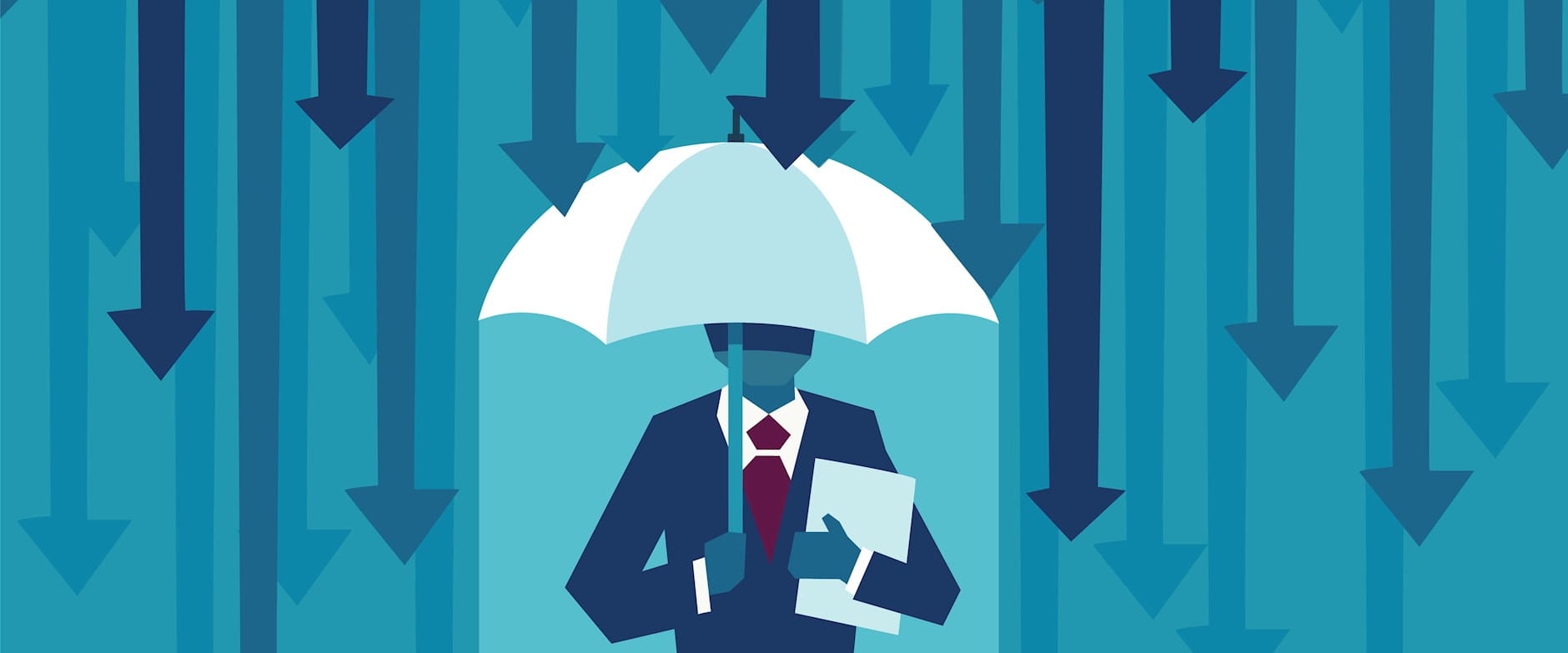In its scramble to boost the US economy during the pandemic, Congress rolled out a well-worn recession-fighting policy: extending jobless benefits. This reignited a long-standing debate between those who argue that more generous unemployment compensation discourages people from looking for work and those who cite the potential stimulative effects for the economy.
Which side is right? Chicago Booth’s Rohan Kekre sought answers by studying the effects of expanded unemployment insurance, known as UI, but taking into account something other researchers have not—namely how UI affects aggregate demand in an economy for goods and services. He finds that more generous jobless benefits can fuel demand and ultimately bolster employment, but monetary conditions at the time are key.
Kekre created an economic model that jointly accounts for UI’s effects on the intensity of workers’ job searches, companies’ decisions to hire, and consumers’ aggregate demand for goods. His model analyzes the effects of UI in an economy that experiences a series of financial shocks and has what economists call nominal rigidities, or prices and wages that are slow to change.
Aiming to quantify the effects of extended benefits in the specific case of a huge economic downturn, he applied his model to the Great Recession of 2007–09, when the jobless rate peaked at 10 percent and 15 million people were out of work. In particular, he examined 13 US policy moves on unemployment insurance from May 2008 through December 2014. Twelve of them were related to benefits under the Emergency Unemployment Compensation Act of 2008, which initially extended jobless payments from June 2008 through June 2009, then offered various further extensions and reauthorizations. The other policy move related to the Extended Benefits program, which was established in 1970 and permanently made extensions automatic in downturns. Together, these policies increased the duration of benefits to 99 weeks in some states through 2013.
Kekre estimates that without the extended compensation programs, unemployment would have been 0.4 percentage points higher, indicating that an additional 60,000 workers could have been affected.
According to the model, unemployment benefits increase the overall demand for goods and services and thus employment through two channels. In one, people receiving the benefits are more likely than those with jobs to spend the money rather than to save it. When Kekre applied his model to see how households of different income levels and employment situations would use a $500 tax rebate in a downturn, he finds that that the marginal propensity to consume is 25 percent higher for those without jobs than for those who are working—and is especially high among people unemployed for more than six months, the recipients of extended UI.
The safety net at work
Between 2008 and 2014, many Americans received extended unemployment insurance benefits. Those extensions lowered the unemployment rate by up to 0.4 percentage points, according to a research model.
The second channel through which extended UI increases aggregate demand is via people with jobs as well as those who are unemployed only for a short while. This group becomes likely to spend more of their own money because they know that jobless benefits will kick in if they are needed. As long as the Fed doesn’t raise interest rates in response to rising demand, economic output and employment go up.
Kekre’s model accounted for nominal interest rates as low as they were during the Great Recession, when the Federal Reserve brought the benchmark rate down to a range of 0 to 0.25 percent.
But he stresses that his results only hold if monetary policy doesn’t shift to raising interest rates, which offsets any stimulus to demand and would lead employment to fall. Thus, the model suggests that extended benefits may not work as well to spur the economy right now, while the Fed is raising interest rates to combat inflation.
- Greg Kaplan and Giovanni L. Violante, “A Model of the Consumption Response to Fiscal Stimulus Payments,” Econometrica, July 2014.
- Rohan Kekre, “Unemployment Insurance in Macroeconomic Stabilization,” Review of Economic Studies, forthcoming.
Your Privacy
We want to demonstrate our commitment to your privacy. Please review Chicago Booth's privacy notice, which provides information explaining how and why we collect particular information when you visit our website.
